Back to Courses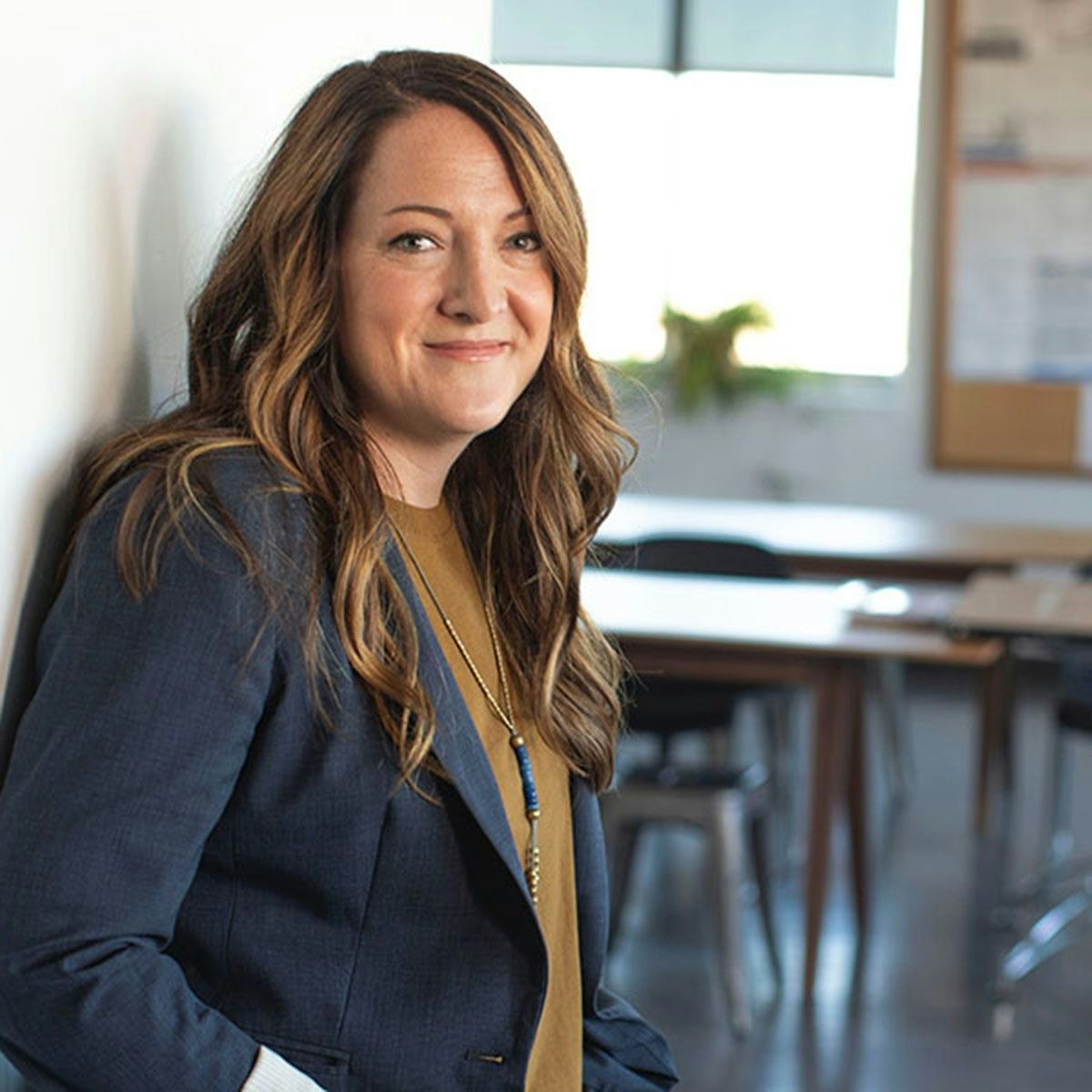
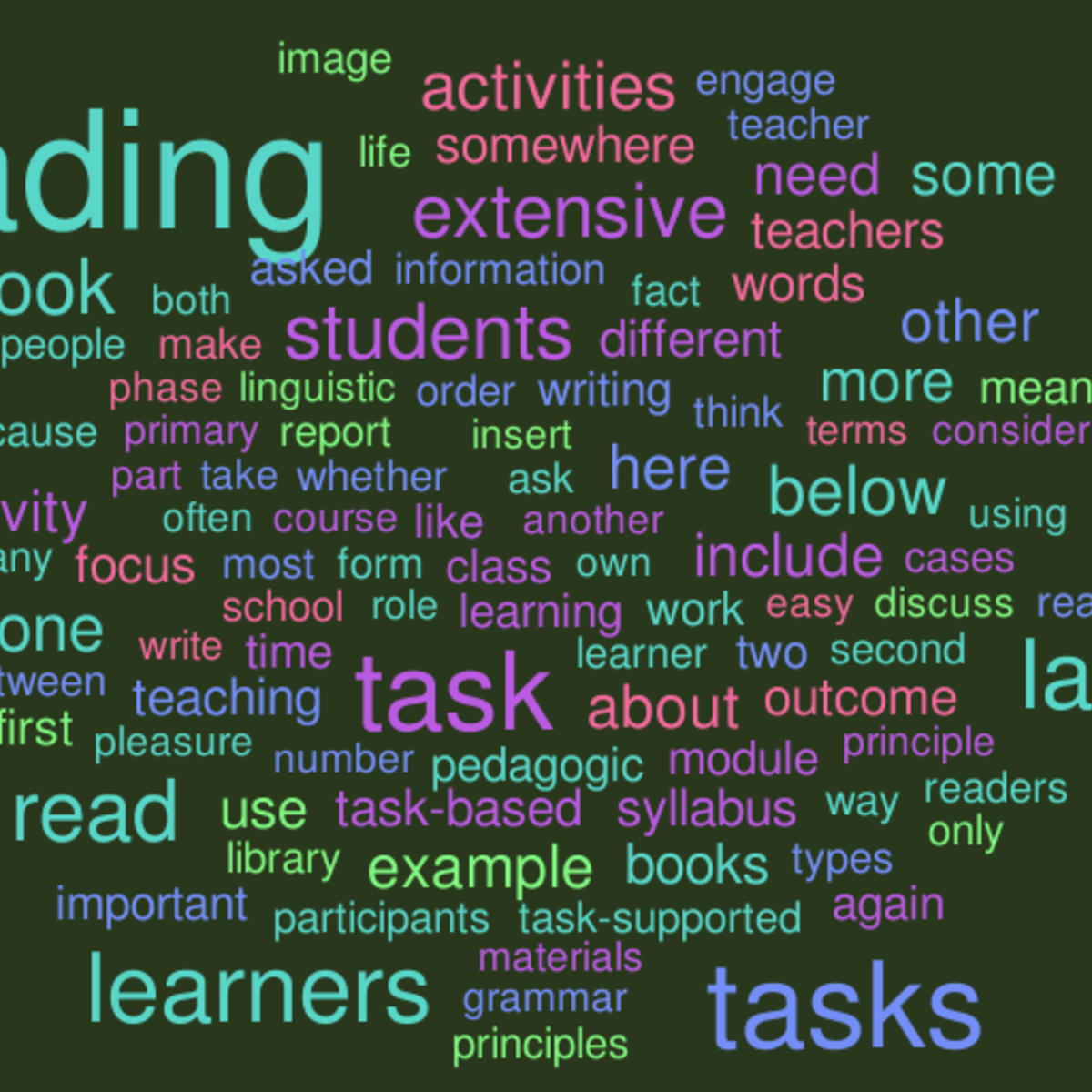

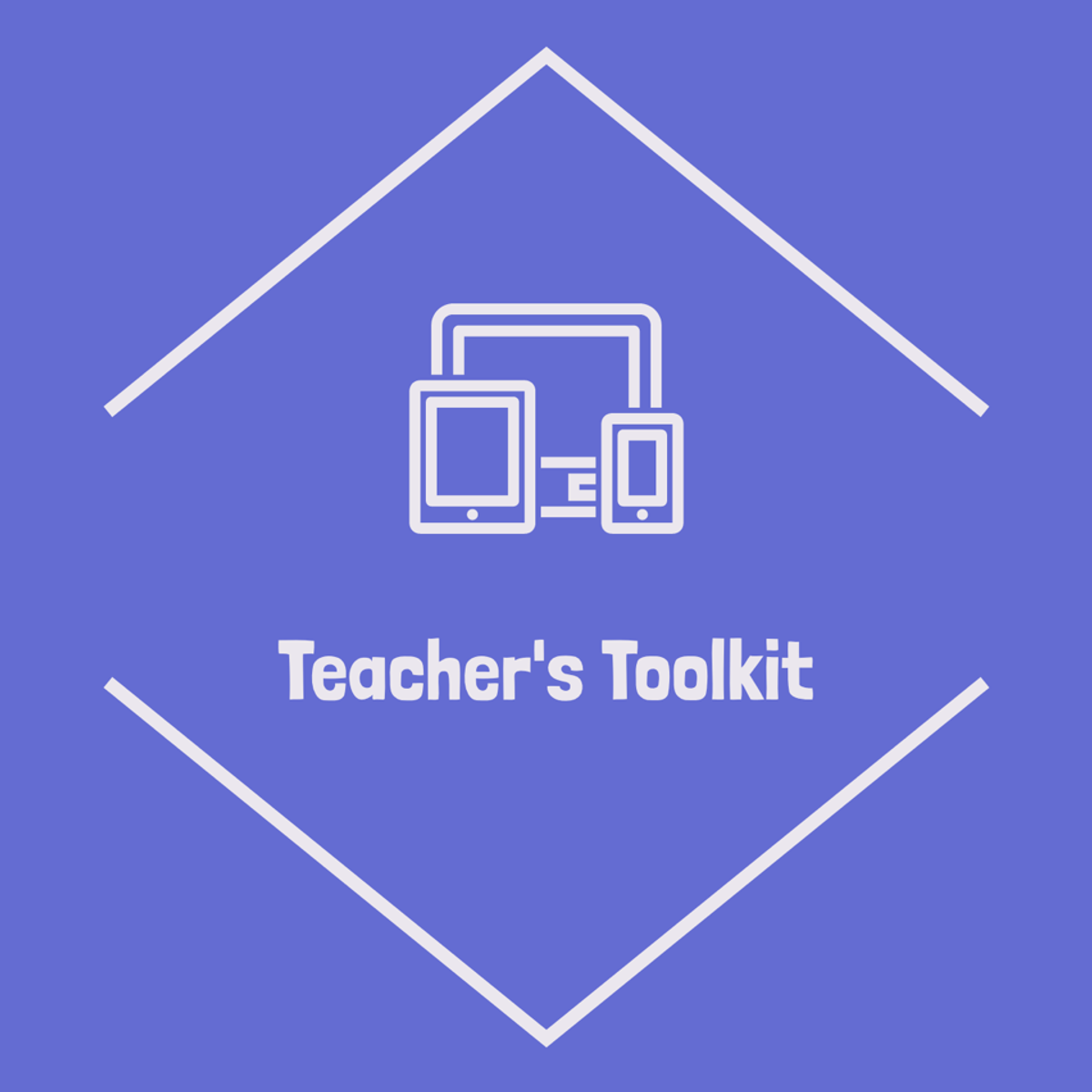
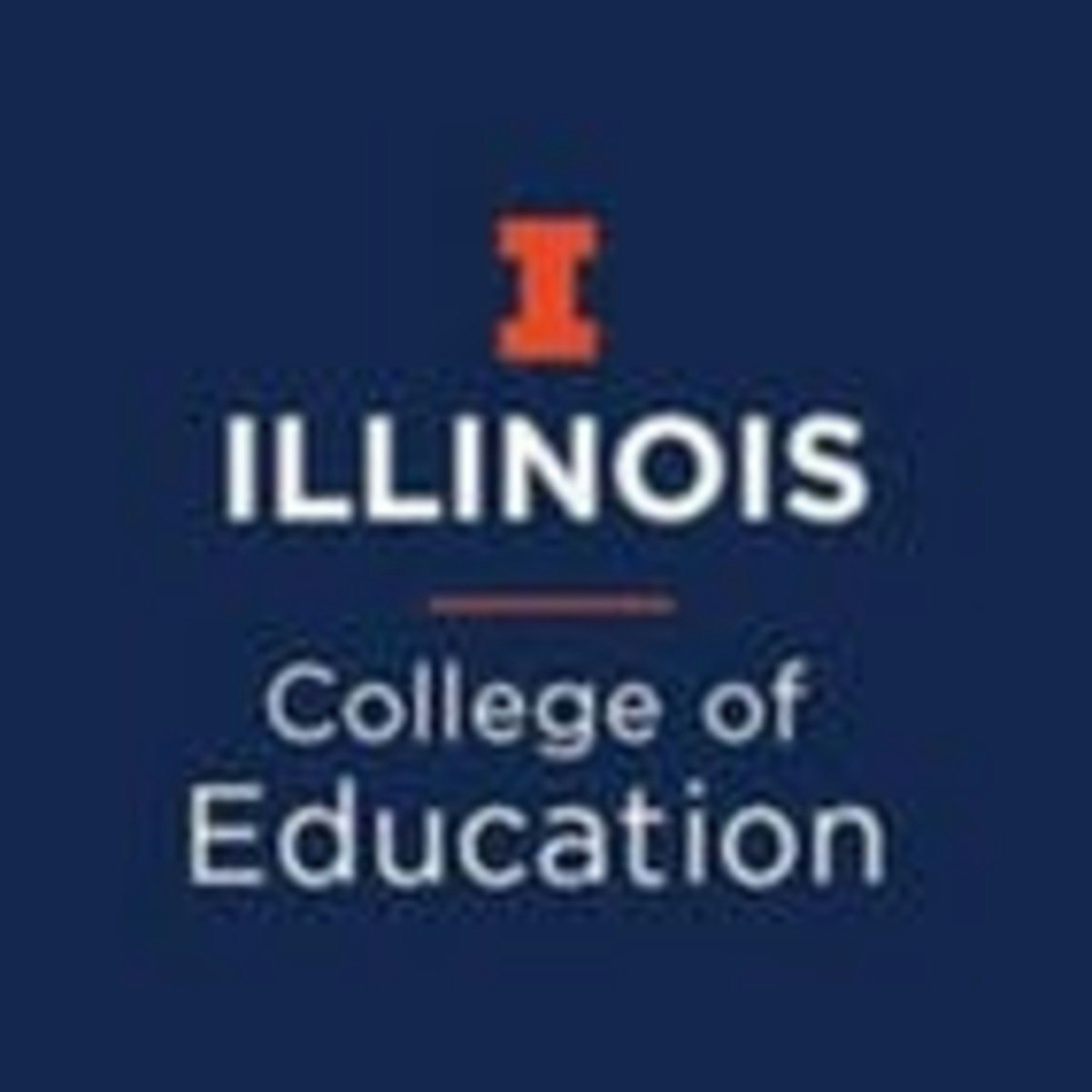


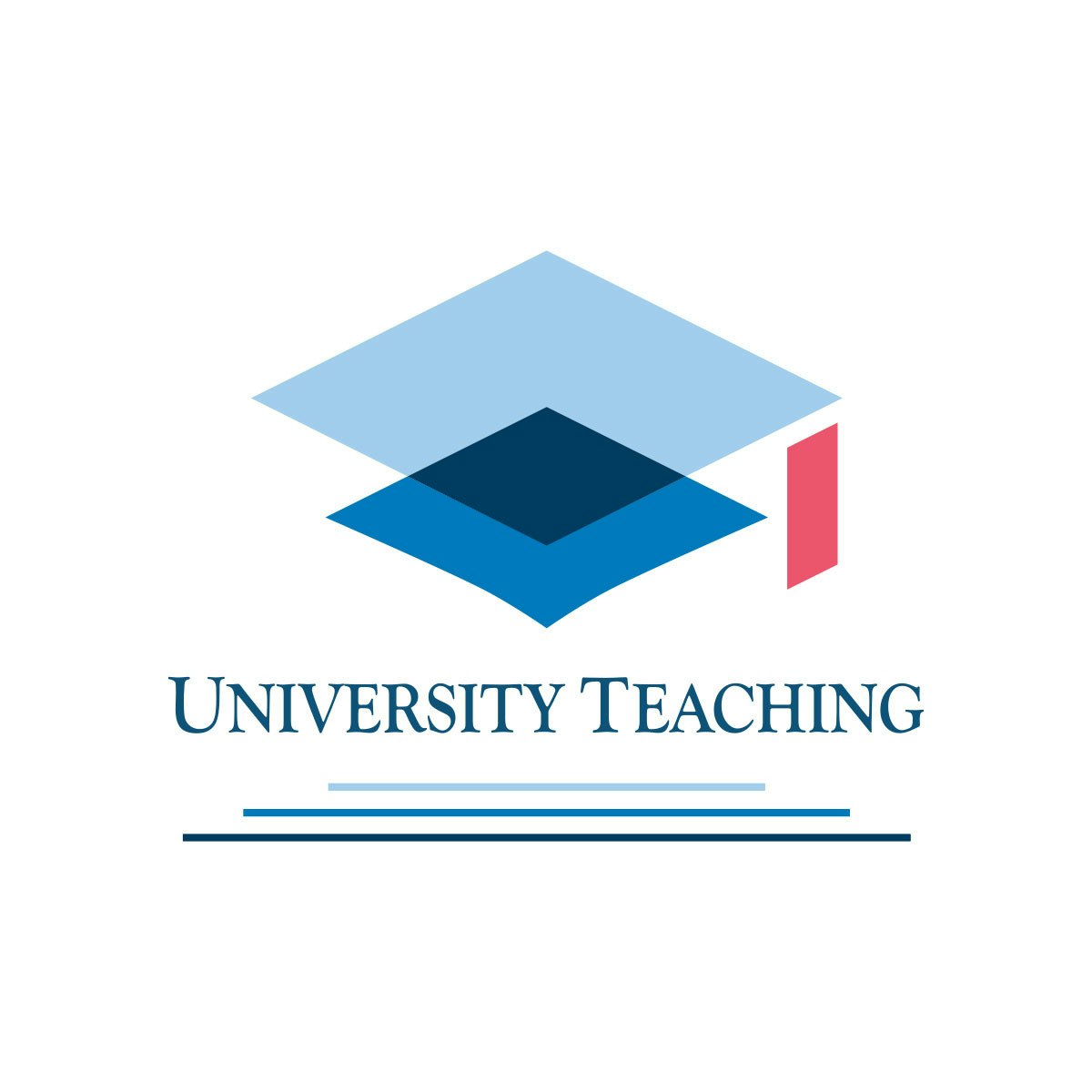


Education Courses - Page 6
Showing results 51-60 of 264

Artificial Intelligence (AI) Education for Teachers
Today’s learners need to know what artificial intelligence (AI) is, how it works, how to use it in their everyday lives, and how it could potentially be used in their future. Using AI requires skills and values which extend far beyond simply having knowledge about coding and technology.
This course is designed by teachers, for teachers, and will bridge the gap between commonly held beliefs about AI, and what it really is. AI can be embedded into all areas of the school curriculum and this course will show you how.
This course will appeal to teachers who want to increase their general understanding of AI, including why it is important for learners; and/or to those who want to embed AI into their teaching practice and their students’ learning. There is also a unique opportunity to implement a Capstone Project for students alongside this professional learning course.
Macquarie School of Education at Macquarie University and IBM Australia have collaborated to create this course which is aligned to AITSL ‘Proficient Level’ Australian Professional Standards at AQF Level 8.

Teaching EFL/ESL Reading: A Task Based Approach
This course explores ways of teaching reading skills in English as Second and Foreign Language (ESL/EFL) using a task-based approach. You will be introduced to the concept of task and the key principles of task-based language teaching (TBLT) and learning. TBLT uses communicative tasks as the key unit for creating language learning activities. You will also examine the role of reading in real-life and in second and foreign language teaching and current thinking about the interface between TBLT and second language reading. You will explore how TBLT and teaching second language reading can be successfully integrated in practice through analysing task-based reading materials. The course culminates in creating task-based materials for teaching reading in your own language teaching contexts.
After completing the course, you will be able to:
1. Explain the main components and tenets of a task-based approach to teaching language;
2. Explain the main issues involved in teaching reading;
3. Illustrate connections between TBLT approaches and the teaching of reading;
4. Integrate tasks into your own teaching;
5. Identify reading texts that are suitable for the construction of tasks; and
6. Construct reading tasks and sequences for use in your own classroom.

Teaching Reluctant Writers
All educators will encounter students who struggle with writing. This course first focuses on the reasons student writers may be reluctant and then provides learners with a variety of strategies and practices to help reluctant writers develop a greater comfort and confidence with writing. Learners will examine classroom relationships, mentoring, scaffolding, conferencing, low-risk writing and mini-lessons, all tools and techniques that can be brought right into the classroom to help struggling writers increase student participation and success in writing. They'll conduct their own study of one reluctant writer and use their learning to help create a plan for teaching reluctant writers in their current and future classrooms.

Increase Student Buy in with Google Slides
By the end of this project, you will have created a student punchcard that will engage your students during virtual learning or as a more engaging way to encourage buy in during classroom learning. Teaching is constantly evolving. As we learn more about our students, we uncover new ways to ensure that they are not just learning - they are thriving. Using a punchcard will not only provide your students with more choice and independence, it will also provide your classroom with the procedures and processes that can free up your teaching time to focus on valuable 1-on-1 or small group instruction. Puchcards can also be a useful tool for differentiating student learning. Let’s get started!
*You will need a free Google account for this project.

Constructivism and Mathematics, Science, and Technology Education
This course is designed to help participants examine the implications of constructivism for learning and teaching in science, mathematics, and technology focused areas. Course readings, discussions, and assignments will examine constructivist views of learning, research on students' ideas and idea-based interactions, research on instructional approaches taking student ideas into account, and challenges in implementing constructivist perspectives in instruction.

Foundations of Teaching for Learning: Introduction to Student Assessment
The Foundations of Teaching for Learning programme is for anyone who is teaching, or who would like to teach, in any subject and any context - be it at school, at home or in the workplace. With dynamic lessons taught by established and respected professionals from across the Commonwealth, this eight course programme will see you develop and strengthen your skills in teaching, professionalism, assessment, and more. As you carry on through the programme, you will find yourself strengthening not only your skills, but your connection with colleagues across the globe. A professional development opportunity not to be missed.
There are various techniques which help to assess student learning. This course helps teacher to acquire the skills to develop and use appropriate assessment procedures.
Enhance your course by joining the Commonwealth teaching community on our website, Facebook and Twitter.

Basic Information Literacy
Learn how to begin tackling a big project or presentation. Join today and equip yourself with basic information literacy skills to navigate the vast landscape of knowledge to find just what you need.
This course will cover creating a workable project/presentation, understanding the various types of information sources, searching the various types of information sources, recognizing faulty information or bias, using proper citation conventions, avoiding plagiarism, and skimming information to pull relevant details. We will use a combination of video and readings with weekly quizzes to move through the learning.
By the end of the course you’ll be able to:
• Brainstorm a project/presentation topic
• Narrow the project/presentation topic
• Identify your information gaps
• Locate valid, internet information sources
• Compose appropriate search strategies
• Evaluate information for authority, accuracy, balance, and currency
• Use information in a project/presentation ethically
In addition to earning a certificate from Coursera for this course, you'll also receive a Micro-Credential Digital Badge from the University at Buffalo, the State University of New York recognizing your accomplishment. Use your verified digital badge to promote your achievement online, and access job insights related to your new skills. Upon completion of each individual course and the complete Specialization, you will receive an email from Coursera with directions on how to claim your badge. Payment or participation through an official Coursera promotional offer is required to have full access to the course and to qualify for the Coursera Certificate and Digital Badge.

University Teaching
University Teaching is an introductory course in teaching and learning in tertiary education, designed by staff at the Centre for the Enhancement of Teaching and Learning at the University of Hong Kong.
With input from instructors, guests and interviewees, including teaching award winners, students, and experts in the fields, you will be exposed to research evidence in relation to effective university teaching and practical instructional design strategies. You will also be exposed to multiple examples of effective teaching, and hear the views of teachers whose teaching has been judged to be excellent.
More specifically, University Teaching will help you to address the following questions:
- What does teaching in higher education involve?
- What does research evidence tell us about effective teaching in higher education?
- How can we ensure that our instructional design will help our students achieve their intended learning outcomes?
- What pedagogic options do we have to make our teaching successful?
- What assessment and feedback practices can help our students learn more effectively?
After completing the learning tasks in this course, you will be able to:
- Discuss the teaching and learning context in higher education and reflect on the potential challenges and opportunities you might encounter.
- Explain key teaching and learning concepts and relevant evidence in relation to effective university teaching.
- Analyse the relationships between various aspects of teaching and student learning.
- Identify a range of instructional strategies to support effective student learning.
- Apply key concepts to the structuring of course outlines and lesson plans in order to create learning experiences to support successful student learning.
Course trailer: https://www.youtube.com/watch?v=ZJu-dViz3NE
Course outline: http://www.cetl.hku.hk/wp-content/uploads/2017/03/CETL-MOOC-course-outline.pdf

Doping : Sports, Organizations and Sciences
The objective of this course is to encourage a critical understanding of doping. To achieve this goal, this course will rely on a multidisciplinary approach that allow you to see how different disciplines get into a single object, in different perspectives and in often complementary ways. This approach will also allow us to appreciate the complexity of a subject like doping.
Doping in sports is a complex practice whose definition and identification is the result of socially and historically constructed norms.
This course offers to shed light on the processes that led to the use and prohibition of doping substances. Performance enhancement or physical transformation are two aspects of doping which are seen as problematic, yet even as we speak companies are making fortunes selling body improvement and other forms of “human enhancement” to us. These apparent contradictions will be analysed to show that beyond sanitary questions, doping raises many social, scientific and legal issues.
In efforts to control doping, governments and sports authorities have put into place institutions responsible for defining what falls into the category of doping, but also what prevention, repressions and research methods to put into effect. This course will also explore biological control measures such as the biological passport, key legal dimensions, organisations that produce performance, as well as the sociological dimensions of doping.
Besides the Professors of University of Lausanne, the best experts of doping are involved in this course: experts from an Anti-doping Laboratory (LAD- Lausanne-Switzerland), from the CAS (Court of Arbitration for Sport), from the UEFA (soccer), and from the WADA (World Anti-Doping Agency).
Teaser: https://www.youtube.com/watch?v=20Q3eR_g7rU
Main Learning Outcomes
At the end of the course the participants will be able to :
1. Identify the “cultural” dimension of doping, that is as a historical practice linked to the transformation of social norms,
2. Go from a binary way of thinking - for or against doping - to an understanding of the complexity of this phenomenon which is biological, psychological and sociological, all at the same time,
3. Recognize the institutions, the actors and the practices of the fight against doping,
4. Explain how the social and organisational context influences individuals decisions and how this influence can be reduced by effective prevention measures,
5. Identify how the fight against doping is led and how testing is carried out.

Sit Less, Get Active
Physical inactivity and sedentariness are “silent killers”. Do you feel like you spend too much time sitting? Do you feel like you would like to be more active? Are you unsure about how to incorporate physical activity into your daily life? We are here to help.
Join us on a journey to learn about how to sit less and become more active. Use this FREE course to learn how to monitor your own activity and set physical activity goals. We will feature various examples of how physical activity could be increased in different settings, such as your neighbourhood, home or work, to give you ideas of ones that could best fit your lifestyle.
Are you a health professional? Use this opportunity to learn how to incorporate physical activity into your daily routine and also how to empower your patients to be more physically active. If time with a patient is an issue, you can simply “prescribe” this course to your patient.
This course offers you a unique opportunity to receive weekly physical activity health messages and monthly video-reminders on how to increase physical activity in various settings for 6 months after the initial 3 week course. So, join us on the Sit less, get active! journey.
Follow us on Twitter @GetActive MOOC, #GetActiveMOOC or follow our Online Learning Twitter feed @uoe_online. Visit our YouTube channel to check out the promo videos (more are to come) https://www.youtube.com/channel/UC6xpBMzJXnffdUaY32-zPdA
If YouTube is not available in your country, you can access the promo videos here https://media.ed.ac.uk/search/searchkeyword/sit%20less%20get%20active
Popular Internships and Jobs by Categories
Find Jobs & Internships
Browse
© 2024 BoostGrad | All rights reserved